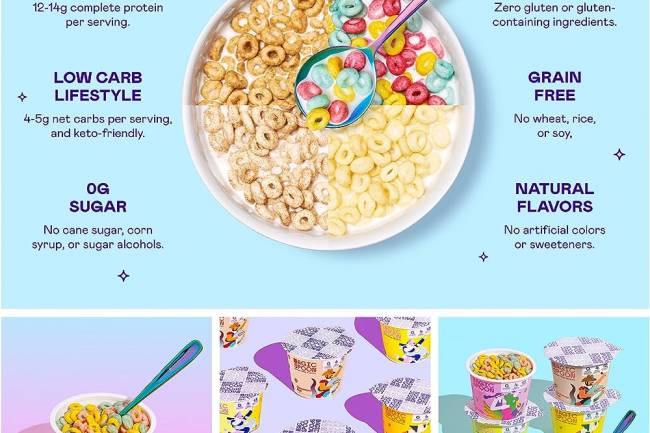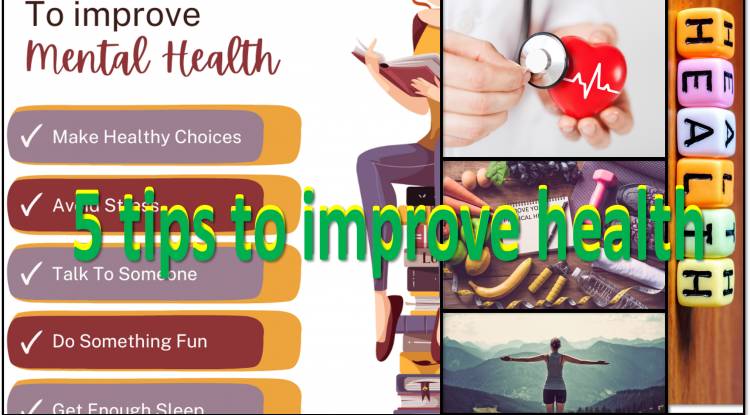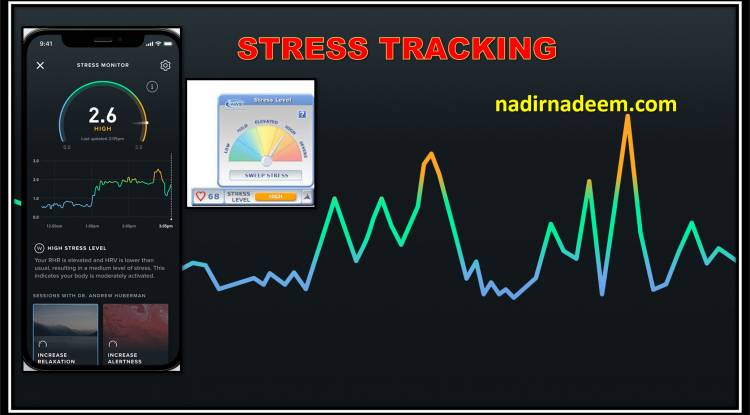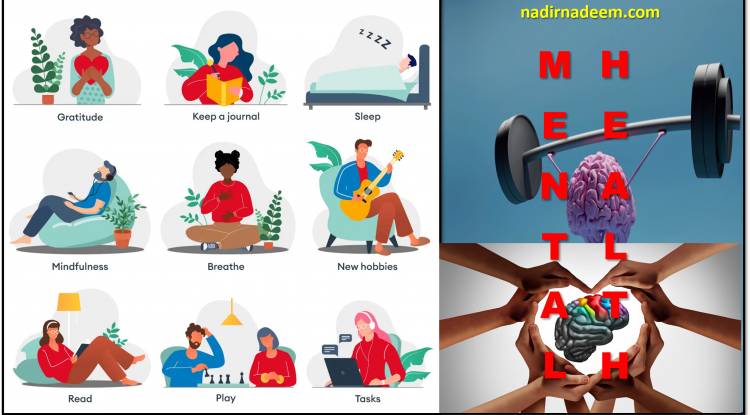Tag : Stress management
Maintain a balanced diet: Eat a variety of nutrient-dense foods, focusing on whole grains, lean proteins, fruits, and vegetables. Be physically active: Exercise regularly to strengthen muscles, improve heart health, and boost mood. Maintain mental health: Practice stress management, mindfulness, and self-care to maintain emotional well-being. Stay hydrated: Drink plenty of water throughout the day to support bodily functions and overall health. Avoid harmful habits: Limit alcohol, quit smoking, reduce screen time, and manage stress in healthy ways.
Stress tracking involves monitoring physical, psychological, environmental, and lifestyle factors to effectively understand and manage stress. Wearable devices, such as tools (e.g., smartwatches), mobile apps, and biofeedback devices, track indicators such as heart rate, heart rate variability, breathing patterns, sleep quality, and emotional state. These technologies combine personalized insights, stress scores, and coping strategies such as mindfulness, exercise, and meditation. By identifying stress patterns and triggers, individuals can improve their stress management and overall well-being.
Mental health and wellbeing include maintaining emotional, psychological and cognitive wellbeing. This includes managing stress, staying flexible and practicing mindfulness, focusing on emotional balance and mental clarity. Mental wellbeing is built through activities such as meditation, cognitive exercises and healthy lifestyle choices to increase mental resilience and overall wellbeing.
"Why Making Your Bed Is More Important Than You Think" explores the importance of a seemingly mundane task. Making your bed sets a positive tone for the day, promoting a sense of accomplishment and discipline. It creates a clean environment, which can reduce stress and improve productivity. Additionally, making your own bed can lead to better sleep habits and a greater sense of control over your life. Overall, this small act can have a surprisingly significant impact on your overall well-being and mindset.
Daylight Saving Time (DST), also known as Daylight Saving Time, Daylight Time (United States, Canada, and Australia), or Daylight Saving Time (United Kingdom, European Union, and others), is the time when clocks are set forward. The process is (usually one hour) during the warmer months so that darkness falls at a later hour. A common implementation of DST is to move clocks forward one hour in late winter or spring ("spring forward") and set clocks back one hour in fall (North American English) ("fallback") or autumn ( UK English) back to standard time. As a result, there is a 23-hour day in early spring and a 25-hour day in mid-autumn.
Popular Posts
-


Khewra Mine Salt
28.12.2023 0 Comments -


Google history: When Was Google Founded and By Whom?
31.10.2024 0 Comments -


Waterfalls: Sajikot Waterfall
05.12.2023 0 Comments -


free software download websites for pc
21.09.2023 0 Comments -


10 Latest PLC Technology Trends
21.10.2023 0 Comments -


Magic Spoon Cereal Review
28.10.2023 0 Comments
Categories
- AUTO(23)
- HEALTH and Food(195)
- TESTIMONIALS (References)(0)
- SPORTS (12)
- IT and AI(70)
- Accessories(0)
- News(167)
- Pet(15)
- Visiting Place News(24)
- Style and Fashion news (25)
- Geography News(0)
- Entertainment News(0)
Random Posts
Tags
- Eclipse Green Living Choices
- 4K vlogging camera
- Quick Tables
- PLC in Electric Vehicle Charging
- automotive excellence
- Ancient Civilizations
- Ahsn Kah Waterfall
- Star Fruit
- Cultural heritage site
- Exotic Birds
- Filter Criteria
- micromobility
- Power BI prerequisites installation
- Demi Moore
- Discover the beauty









